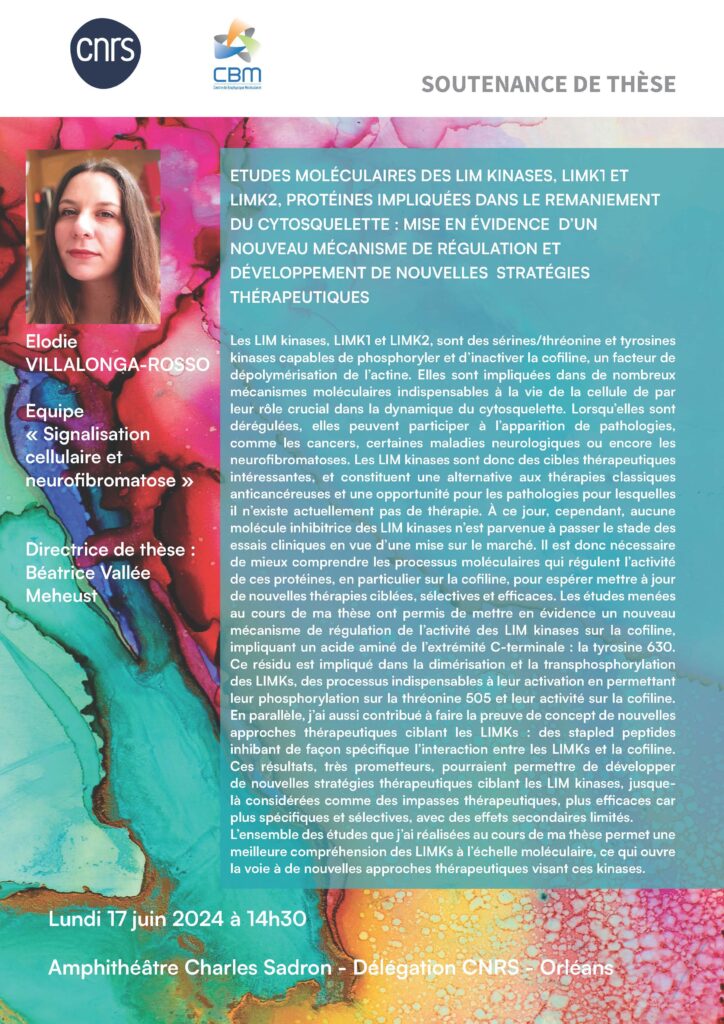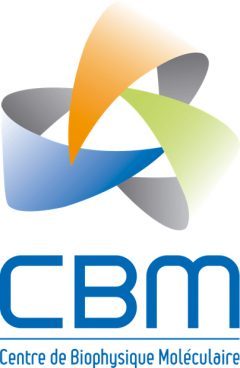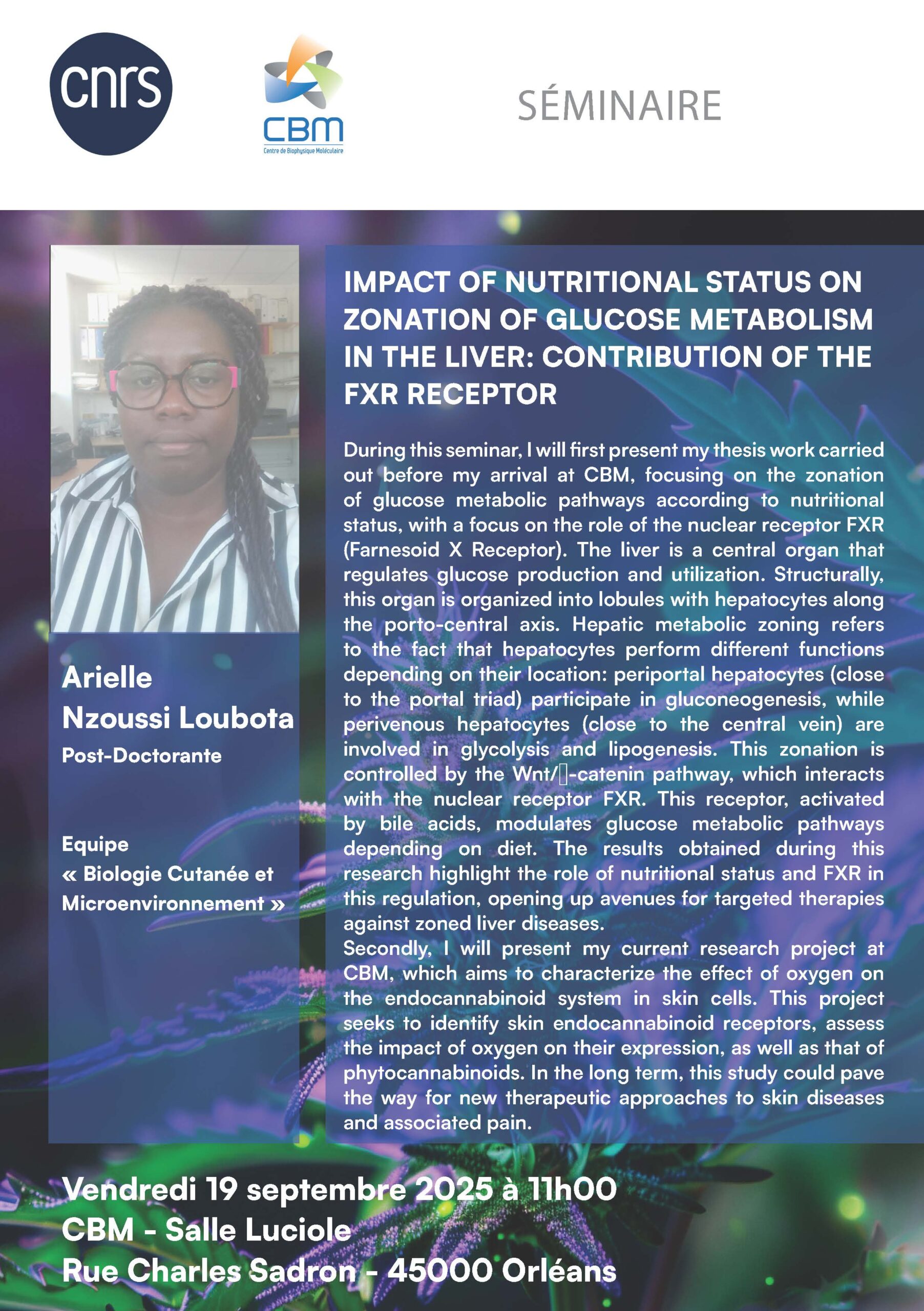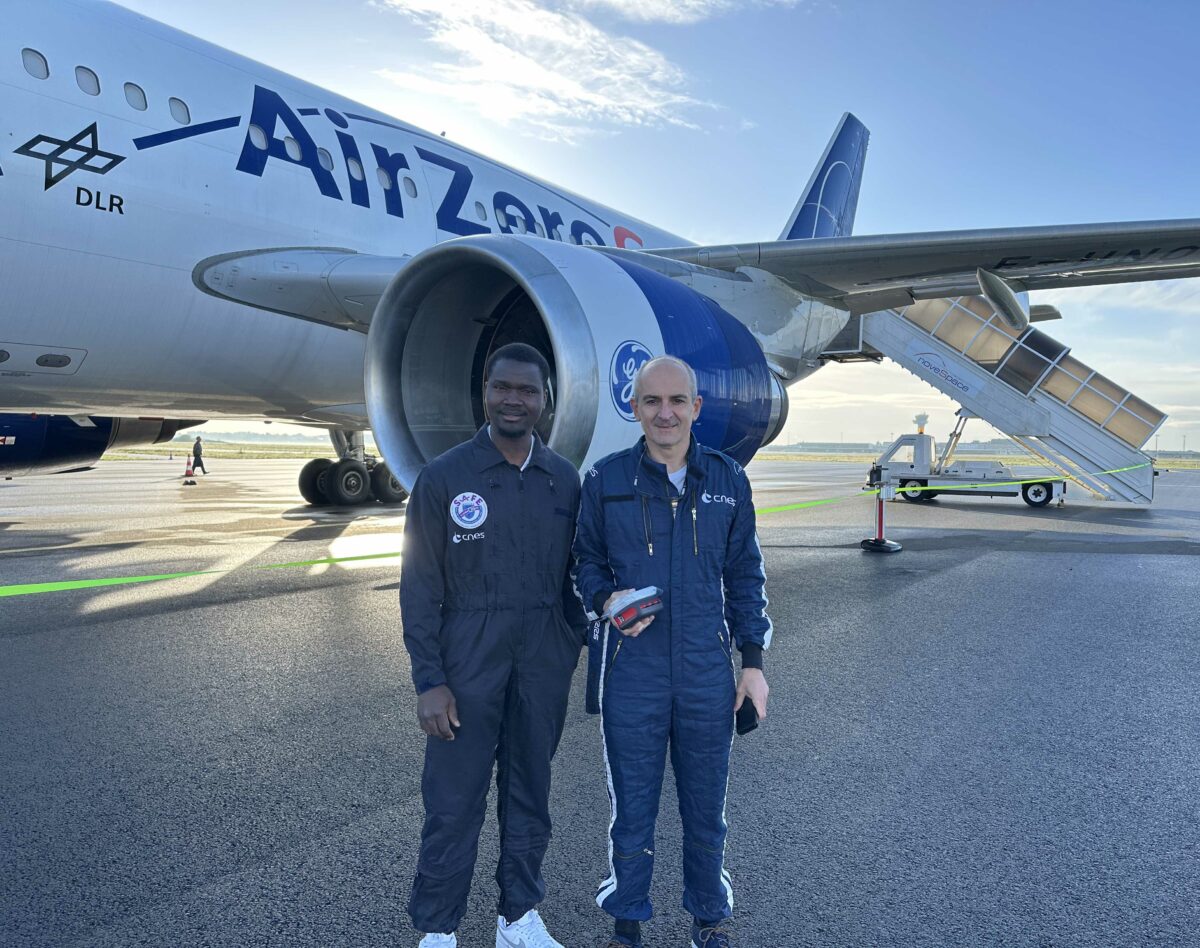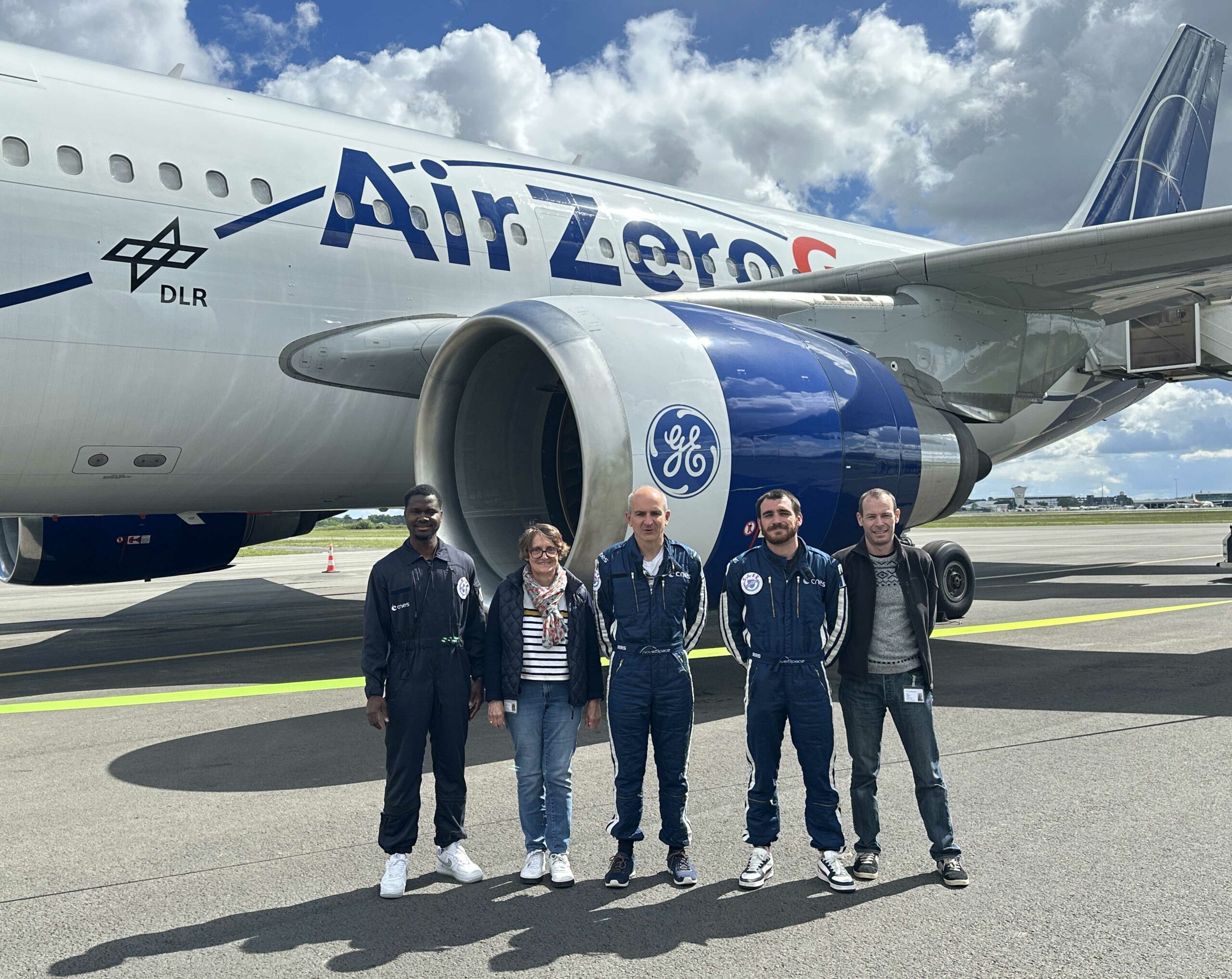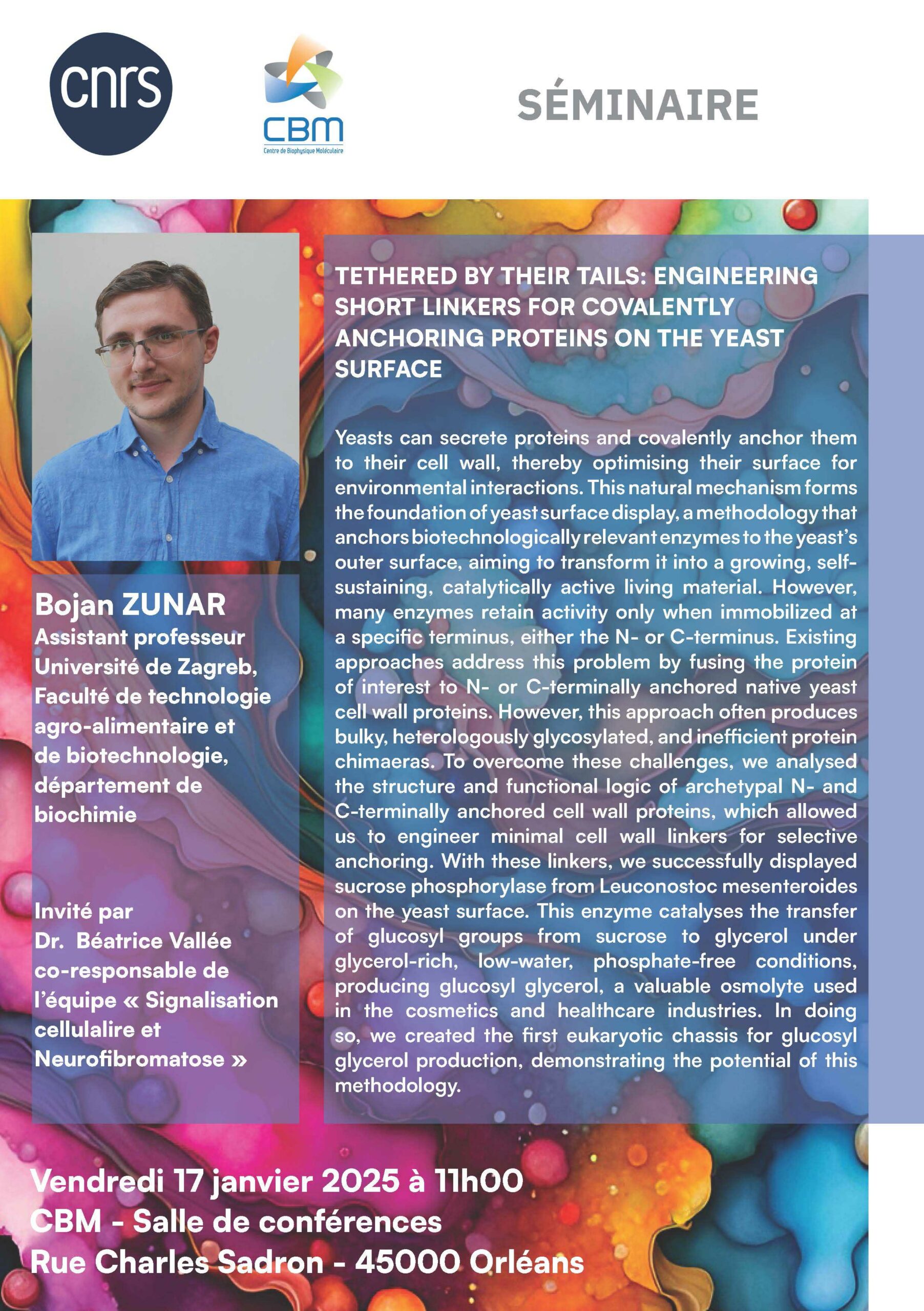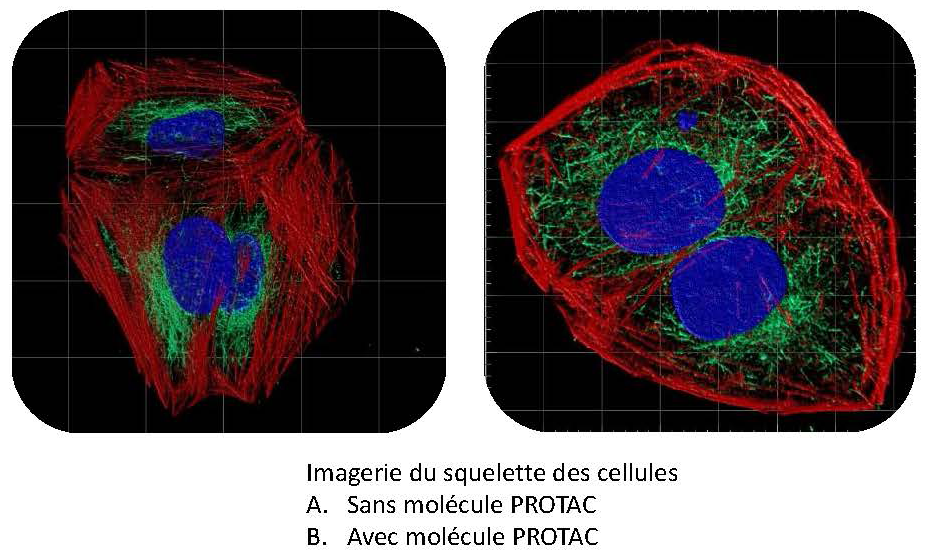Bojan Žunar, assistant professor at the University of Zagreb Faculty of Food Technology and Biotechnology in the Laboratory for Biochemistry is visiting the team Cell Signaling and Neurofibromatosis for 2 months.
Bojan is well known at the CBM as he used to be a post-doc fellow in 2020-2021 in the same team.
Now, he is a group leader, and he was awarded a European Grant (https://croestro.eu/, NextGenerationUE), allowing him and members of his group to come to the CBM to perform experiments and to take advantage of Mo2Ving imaging facilities.
His fields of interest concern synthetic biology and yeast engineering in order to design humanized biosensors and innovative microbial factories for research, environmental and manufacturing purposes.
